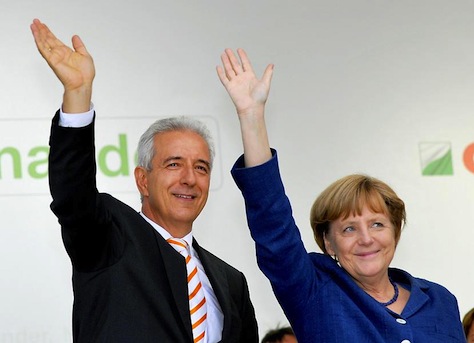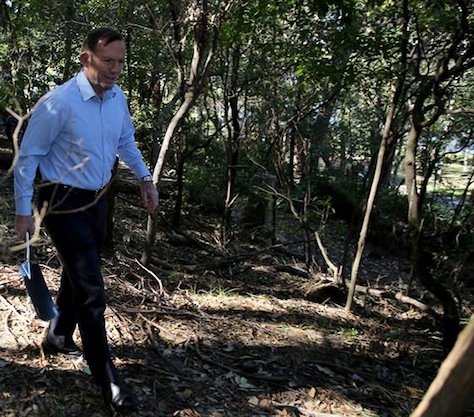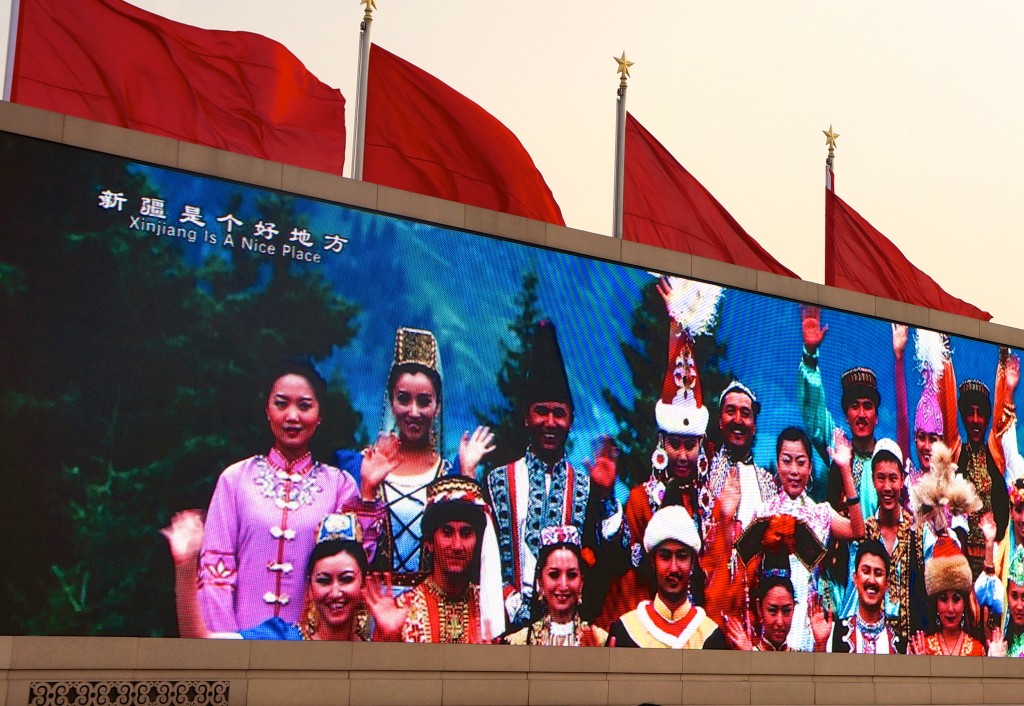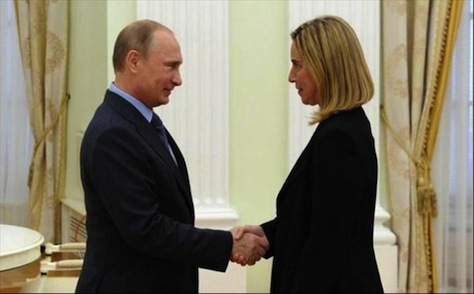It’s not necessarily that Saxony is shifting to the right, as The Economist wrote earlier this week about the results of last Sunday’s state elections in Saxony.![]()
![]()
It’s more that right-leaning voters are switching allegiances from one party to another, not unlike similar shifts in western Germany and at the federal level.
Though the Christlich Demokratische Union Deutschlands (CDU, Christian Democratic Union) will have to find a new junior coalition partner, there’s no doubt that it will continue to govern under minister-president Stanislaw Tillich (pictured above with German’s chancellor Angela Merkel), who won his second reelection after assuming the office in May 2008.
Neither its junior partner in the outgoing government, the liberal Freie Demokratische Partei (FDP, Free Democratic Party), nor the neo-Nazi Nationaldemokratische Partei Deutschlands (NPD, National Democratic Party) met the 5% hurdle to return their legislators to Saxony’s 126-seat state parliament, the Landtag.
Many of their voters appear to have supported the newly formed, anti-euro Alternative für Deutschland (AfD, Alternative for Germany) instead, which won 9.7%, making them the fourth-largest party in the Landtag with 14 seats.
* * * * *
RELATED: Left hopes to make eastern breakthrough in German state elections
* * * * *
None of this news, however, was unpredictable, because the results largely lined up with polls.
The election was most disastrous for the Free Democrats, a party that, it’s not an exaggeration to say, faces political extinction. Though the FDP made some of its strongest gains in its history in 2009 at both the federal and at state levels, it’s been facing backlash for the past four years. In last September’s federal elections, it lost all 93 of its seats in the Bundestag, the lower house of the German parliament, shut out for the first time in postwar history. Now that it’s lost all of its seats in Saxony’s Landtag, it will no longer be a part of any state government, a massive turn for a party that just one year ago controlled the German foreign ministry, among other portfolios. It now holds seats in just eight of 16 state assemblies, a number that could drop to six if it wins less than 5% of the vote in upcoming September 14 elections in Brandenburg and Thuringia.
The AfD, also a party with center-right tendencies, is best known for its relatively eurosceptic stand, even if its euroscepticism is muted by the standards of the United Kingdom, France and even The Netherlands. Continue reading CDU wins Saxony, but faces tougher road in two weeks’ time






